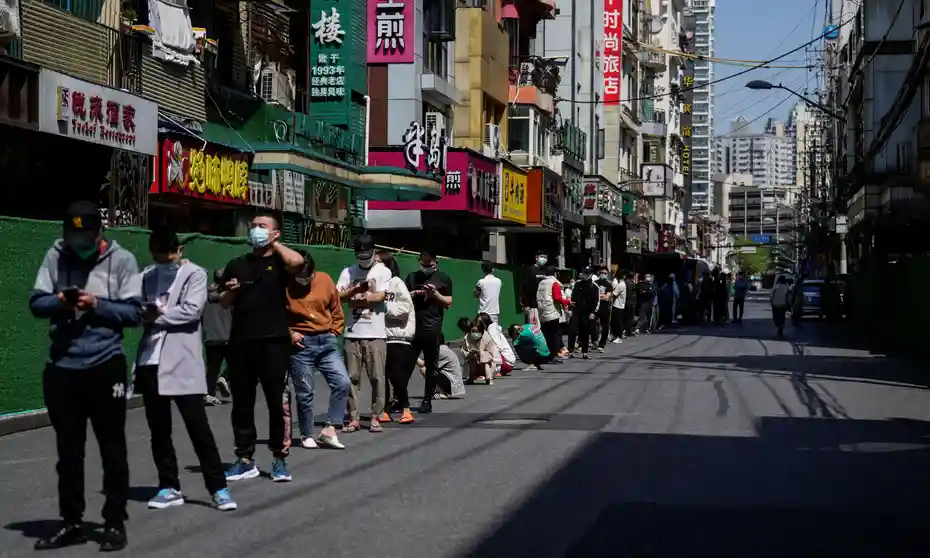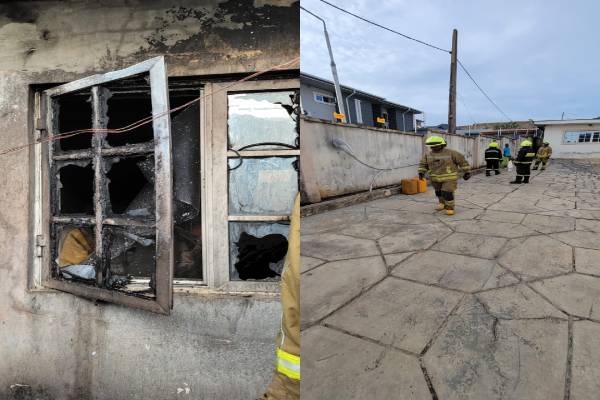Manufacturers including Tesla began preparing to reopen their Shanghai factories as the city accelerates efforts to exit a COVID-19 lockdown that has forced most businesses in China’s economic hub to shut for nearly three weeks.
Tesla has recalled workers to its factory to prepare for the restart, according to local reports. They added that while the U.S. automaker had initially intended to resume one production shift on Monday, it is now looking to do so on Tuesday (today). Some sources say one reason is because a supplier was facing issues with logistics.
SAIC Motor, the Chinese partner of Volkswagen and General Motors, say it would start stress-testing its production resumption plans today.
Meanwhile, Shanghai aims to stop the spread of COVID-19 outside of quarantined areas by Wednesday, which would allow a further easing of its lockdown. It is stepping up testing and the transfer of positive cases and their close contacts to isolation centres to meet that target.
Bank of Japan Governor Haruhiko Kuroda in his latest announcement says the yen’s recent moves have been “quite sharp” and could hurt companies’ business plans, offering his strongest warning to date of the risks stemming from the currency’s depreciation.
Governor Kuroda says there is no change in his assessment that overall, a weak yen is good for the economy since it boosts the value of profits Japanese firms earn overseas. But he adds that the yen’s drop to around 125-126 yen against the dollar, from around 115-116 yen a month ago, was volatile enough to hurt companies.
Traders bought the Yen on the comment, helping push the dollar down by 0.22% to 126.25 yen today.
The Yen has slid to two-decade lows against the dollar on prospects of widening U.S.-Japan interest rate differentials, with the BOJ seen maintaining ultra-low interest rates even as the Federal Reserve plans steady pace of rate hikes.
China’s economy slowed in March as consumption, real estate and exports were hit hard, taking the shine off faster-than-expected first-quarter growth numbers and worsening an outlook already weakened by COVID-19 curbs and the Ukraine war.
The biggest near-term challenge for Beijing is the tough new coronavirus rules at a time of heightened geopolitical risks, which have intensified supply and commodity cost pressures, boosting global inflation and forcing Chinese authorities to walk a tight rope as they try to stimulate growth without endangering price stability.
Gross domestic product expanded by 4.8% in the first quarter from a year earlier, according to data from the National Bureau of Statistics today, beating analysts’ expectations for a 4.4% gain and picking up from 4.0% in the fourth quarter.
Analysts say April data will likely be worse, with lockdowns in commercial centre Shanghai and elsewhere dragging on, prompting some to warn of rising recession risks.
Oil prices on the international market climbed to nearly three-week highs today as fears over tight global supply grew, with the deepening crisis in Ukraine raising the prospect of heavier sanctions by the West on top exporter Russia.





